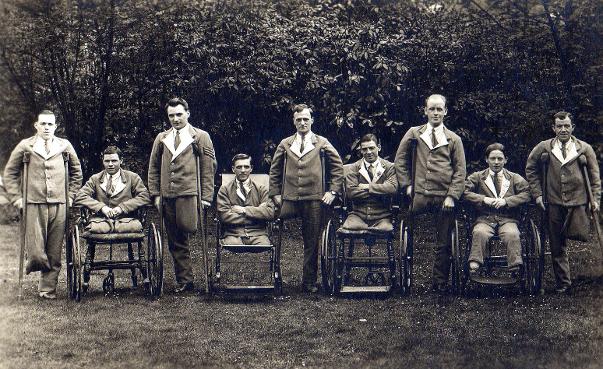On the eve of the 100th year anniversary of the Armistice following the First World War, it is timely to reflect on how this tragedy provided the opportunity for a fledgling physiotherapy profession to establish its place in modern healthcare.
The war produced injured men on an unprecedented scale and when combined with the reduced mortality rates due to advances in surgery, the number of men requiring rehabilitation occupied the minds of governments and health service planners.
Masseuses – later physiotherapists – entered World War I in large numbers, traveling on hospital ships and supporting nurses and doctors in field hospitals behind the front lines. But fights for recognition, and a lack of sufficient resources meant the work of the masseuses was often arduous and complex.
The war did give the masseuses the opportunity to work directly within a large organized health system, coming into daily contact with men (most masseuses were women at the time), and working hand-in-glove with doctors and nurses. It was, in effect, a model for the health care system that would evolve in the 1930s, and it gave physiotherapists the opportunity to show their value.
There are few excellent descriptions of the experiences of physiotherapists during World War I, but a 2014 article published by the CSP: ‘Foreign Fields – physiotherapy’s links to the First World War‘ provides an account of the British experience.
Another comes from the English socialite Olive Millard in her book Under my Thumb. In it, she writes;
The varied work that came “under my thumb” was the most valuable experience imaginable. I had numerous cases of nerve suture following gun-shot wounds. Massage could not cure by itself but it kept alive fading nerveless muscles until the nerves recovered from their injury. Anyone who had that war-wound experience should be thankful. The anatomy of every nerve and the action of each muscle were imprinted so firmly on our minds that they could never be forgotten (pp. 65-6).
Reference
Millard, O. (1952). Under my thumb. London, Christopher Johnson.

